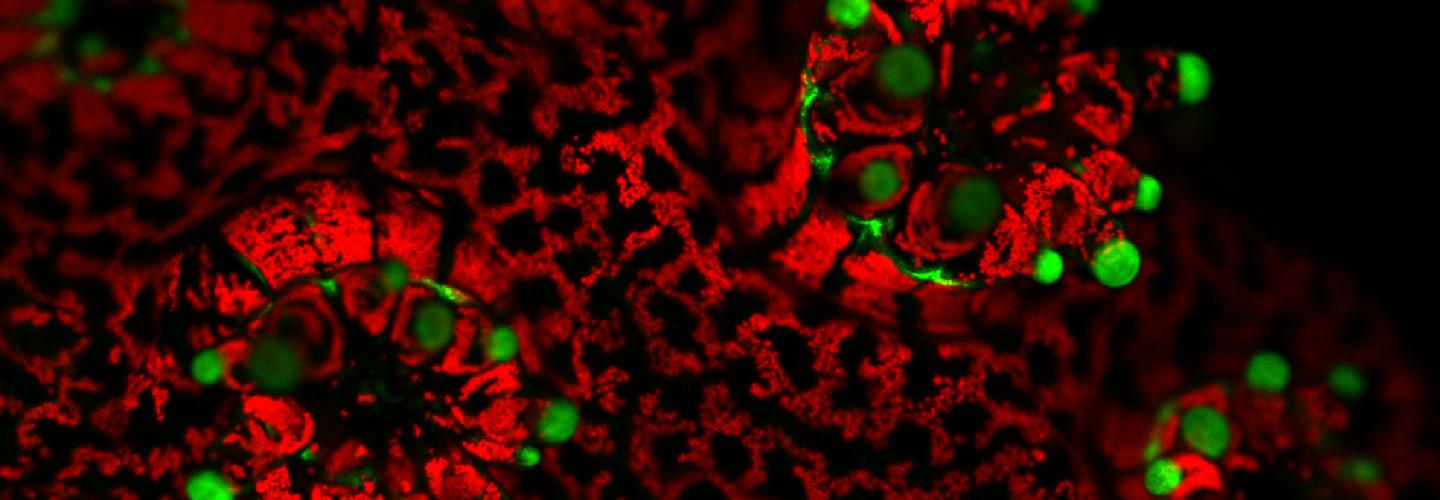The goal of the examination is for the student to present and defend a thesis proposal: a detailed plan for their thesis research. The exam includes a written proposal and an oral defense of the proposal. The student will be expected to understand their topic in detail, including relevant literature and techniques, and also to demonstrate the depth of their general knowledge. In addition, the Exam Committee will review the student’s file, including course work, lab rotation evaluations, teaching evaluations, and assessments made by the Advising/Assessment Committee.
The student should start to prepare for the Candidacy Exam in the middle of the second year, after passing the evaluation by the Advising and Assessment Committee. The Exam Committee will be selected by the Advising and Assessment Committee and does not include the thesis advisor. The Graduate Coordinator will set up the exam schedule in conjunction with the Advising/Assessment Committee and faculty. The exam is expected to last 2 hours, but it may extend past this time if the Exam Committee wishes to continue the discussion.
Two weeks prior to the meeting, the students must submit the thesis proposal to the members of the Exam Committee. The proposal should include the following sections:
- An abstract (~200 words) emphasizing the main objectives of the research and its broad significance
- Specific Aims (1 page, single-spaced maximum)
- Main Proposal with the following sections (6 pages, single-spaced, maximum)
- Background and Significance, motivating the scientific question(s) to be addressed
- Preliminary Results, if available
- Research Plan describing the rationale and design for the proposed experiments, their analysis, possible outcomes and interpretation, and potential pitfalls.
- List of references (References are not included in the 6-page limit)
Figures are strongly encouraged, including both schematics and preliminary data if available. The proposal should be 6 pages, single-spaced in 10 point font, including Figures and Tables and all sections, except for the list of references. Note that the guidelines for the written proposal are similar to those used by various agencies for predoctoral fellowship proposals, and writing in this format improves the chances for future outside funding. The proposal should be written for a broad audience, minimizing the use of jargon and acronyms as much as possible. The topic will usually be the student’s planned thesis research, but the student may choose to write about a different topic which should be approved by the Advising and Assessment Committee.
It is recommended that the student finish the proposal in time for the thesis advisor to review it and suggest modifications if necessary, prior to submission to the committee. In addition, presenting the thesis proposal at a lab meeting is recommended as preparation for the candidacy examination.
For the oral defense, the student should prepare a 15-minute presentation. The committee is asked not to interrupt during the presentation but they may ask for clarification if needed. Slides are permitted but you should also be prepared to use the board for diagrams or drawings in response to questions.
The Chair of the Exam Committee should report the decision to the department coordinator in writing immediately after the exam using the form provided by the Graduate office. The form can also be found on the Forms web page. The written evaluation by the Exam Committee will be given to the student for their review and will become part of the student’s record. If the student passes the candidacy examination, the Graduate Division of the School of Arts and Sciences is notified and cited on the transcript.
In rare cases, the Exam Committee may recommend that the student re-take the candidacy exam. This re-examination is only granted at the discretion of the Exam Committee, and the student must complete the re-examination by the beginning of August. If the student fails the candidacy exam and is not granted a re-examination, then the student will be asked to leave the program. A Masters of Science degree may be awarded at the discretion of the Exam Committee.

